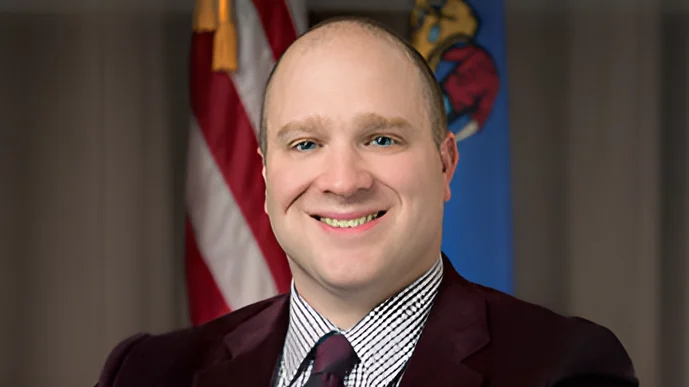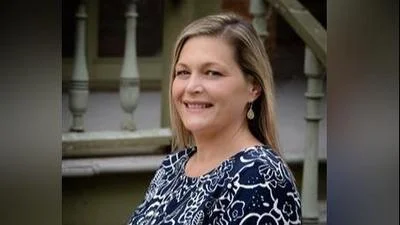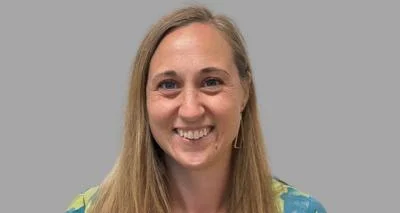Shae Alan Sortwell, Wisconsin State Representative for 2nd District | Official Website
Shae Alan Sortwell, Wisconsin State Representative for 2nd District | Official Website
According to the Wisconsin State Legislature's official website, the bill was described as follows: "local regulation of fowl".
The following is our breakdown, based on the actual bill text, and may include interpretation to clarify its provisions.
In essence, this bill aims to regulate the keeping of up to four chickens or quail on properties zoned for residential use within local governmental units and sewerage districts, prohibiting them from banning such activities unless they conflict with condominium declarations or bylaws. It allows for the imposition of specific regulations, including the requirement for property owners or certain lessors to obtain permits, notifying adjacent property owners, establishing guidelines for the location of fowl housing, prohibiting roosters, and ensuring cleanliness standards. These measures aim to maintain community standards while allowing limited urban fowl keeping.
The bill was co-authored by Senator Rachael Cabral-Guevara (Republican-19th District), Representative Joy L. Goeben (Republican-5th District), Representative Jeffrey Mursau (Republican-36th District), Representative Jim Piwowarczyk (Republican-98th District), and Representative Ron Tusler (Republican-3rd District).
Shae A. Sortwell has co-authored or authored another 12 bills since the beginning of the 2025 session, with none of them being enacted.
Sortwell graduated from the University of Wisconsin-Green Bay in 2006 with a BA.
Sortwell, a Republican, was elected to the Wisconsin State Assembly in 2019 to represent the state's 2nd Assembly district, replacing previous state representative André Jacque.
In Wisconsin, the legislative process starts when a senator, constituent, group, or agency proposes an idea for a bill. After drafting, the bill is introduced, numbered, and referred to a committee for review and public input. If approved, it moves through three readings and votes in both the Senate and Assembly. Once both chambers pass the same version, the bill goes to the governor, who can sign it, veto it, or let it become law without a signature. Only a small share of bills introduced each session ultimately become law. You can learn more about the Wisconsin legislative process here.
| Bill Number | Date Introduced | Short Description |
|---|---|---|
| AB42 | 02/17/2025 | Local regulation of fowl |
| AB41 | 02/17/2025 | Local regulation of vegetable gardens |
| AB26 | 02/17/2025 | Battery or threat to jurors and providing a penalty |
| AB17 | 02/06/2025 | Creating an employee ownership conversion costs tax credit, a deduction for capital gains from the transfer of a business to employee ownership, and an employee ownership education and outreach program. (FE) |






 Alerts Sign-up
Alerts Sign-up